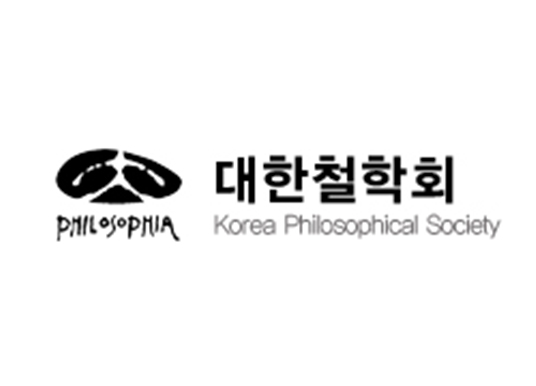흄에게 있어서 구성된 주체와 주체화의 문제
In Hume’s Theory, the Constructed Subject and the Problem of Subjectivation
박대윤
경상국립대학교 철학과
철학연구
2024, vol.171, pp. 167-191 (25 pages)
10.20293/jokps.2024.171.167
대한철학회
초록
흄에게 있어서 주체와 주체화의 문제는 자신이 주장하려고 하는 것보다 더 큰 의미를 가진다. 우리는 흄이 주장하는 주체성에서 근대를 넘어서는 사유, 현대적 주체성에 대한 관점의 선취를 본다. 그것은 주체가 주어진 것 안에서 구성된다는 것, 이 수동성이야말로 주체를 이해하는 중요한 요소이다. 우리는 마르크스나 정신분석학이 소화된 푸코나 들뢰즈와 같은 철학, 즉 현대적 주체성을 그려 보여주는 철학의 시원적 지점으로서 흄의 철학을 참고할 필요가 있다. 따라서 이 글은 흄의 주체화의 문제를 수동성의 맥락 안에서 다룬다. 이러한 흄의 주체성은 근대적 특성을 닮고 있으면서도 근대성을 넘어서는 사유의 지평을 보여준다. 그리고 우리는 근대에 이미 실천적 주체에 대한 사유를 흄을 통해서 볼 수 있다.
For Hume, the problem of the Subject and subjectivation has a greater meaning than he is trying to assert. In the subjectivity advocated by Hume, we see a preoccupation with thinking that goes beyond modern times and a perspective on contemporary subjectivity. It is that the Subject is constituted within what is given, and this passivity is an important element in understanding the subject. We need to refer to Hume’s philosophy as the original point of philosophy that depicts contemporary subjectivity, such as Foucault’s or Deleuze’s philosophy that explored Marx and psychoanalysis. Therefore, this article deals with Hume’s problem of subjectivation within the context of passivity. Hume’s subjectivity resembles modern characteristics, but also shows a horizon of thought that goes beyond modernity. We can also see through Hume that there was already reflection on the practical Subject in modern times.

